How to Become an Education Officer
Becoming an Education Officer is a rewarding career choice for those passionate about making a difference in the educational sector.
Learn how to become an Education Officer in Australia with our comprehensive step-by-step guide. Discover the qualifications, skills, and career prospects in this rewarding field. This guide will provide all the information you need to embark on this fulfilling career path.
What is an Education Officer?
An Education Officer is responsible for developing, implementing, and evaluating educational programs and policies. They work in various settings, including schools, colleges, universities, and government agencies, to enhance academic outcomes and promote lifelong learning.
What Does an Education Officer Do?
An Education Officer’s responsibilities include:
Developing and Implementing Educational Programs: Design and oversee programs that enhance learning outcomes.
Training and Supporting Educators: Provide training, resources, and support to teachers and trainers.
Evaluating and Improving Educational Practices: Assess the effectiveness of educational programs and make recommendations for improvement.
Collaborating with Stakeholders: Work with schools, government agencies, and community organizations to enhance educational initiatives.
Promoting Lifelong Learning: Encourage continuous education and development among students and educators.
Step-by-Step Guide to Becoming an Education Officer
Step 1: Obtain Relevant Education
Start by earning a bachelor’s degree in education, training, or a related field. This foundational education will equip you with the necessary knowledge and skills to succeed in this role. Typical courses cover educational theories, curriculum development, and instructional strategies. Some popular degree programs include:
Bachelor of Education (Primary or Secondary)
Bachelor of Arts in Education
Bachelor of Science in Education
Qualifications Needed to Be an Education Officer
To become an Education Officer, you typically need:
A Bachelor’s Degree: This is the minimum requirement and provides a strong foundation in educational principles and practices.
Relevant Experience: Experience in teaching or educational program management is crucial. This can be gained through roles such as a teacher, trainer, or educational coordinator.
Advanced Qualifications: While not always mandatory, advanced qualifications like a postgraduate degree (e.g., Master of Education) can enhance your expertise and competitiveness in the job market.
Step 2: Gain Practical Experience
Experience in teaching or educational program management is crucial. Consider working in roles such as:
Teacher: Gain hands-on experience in classroom management, lesson planning, and student assessment.
Trainer: Work in corporate or vocational training settings to develop your skills in delivering educational programs.
Educational Coordinator: Manage educational programs and support teachers in implementing curriculum and instructional strategies.
Practical experience allows you to understand the dynamics of educational settings, develop effective teaching methods, and build relationships with students and colleagues.
Step 3: Develop Necessary Skills
Key skills for Education Officers include:
Communication: Ability to convey information clearly and effectively to diverse audiences.
Leadership: Leading teams, managing projects, and inspiring others to achieve educational goals.
Project Management: Planning, executing, and overseeing educational programs and initiatives.
Educational Technologies: Proficiency in using technology to enhance learning experiences and manage educational data.
Engaging in professional development opportunities, such as workshops, seminars, and online courses, can help you enhance these skills.
Step 4: Obtain Certifications
Certifications can enhance your qualifications and demonstrate your commitment to professional development. Some valuable certifications include:
Certificate IV in Training and Assessment (TAE40116): Essential for those looking to design and deliver training programs. It covers areas such as designing learning programs, assessing competence, and facilitating group-based learning.
Diploma of Training Design and Development: Focuses on advanced skills in designing, developing, and evaluating training programs.
Diploma of Vocational Education and Training: Provides in-depth knowledge of vocational education principles and advanced training techniques.
Step 5: Apply for Education Officer Positions
Once you have the necessary education, experience, and certifications, start applying for Education Officer positions. Tailor your resume and cover letter to highlight your qualifications and experience. Consider including:
Educational Background: Highlight your degrees, certifications, and relevant coursework.
Experience: Detail your teaching or training experience, focusing on achievements and contributions.
Skills: Emphasize skills relevant to the role, such as communication, leadership, and project management.
Networking with professionals in the education sector and joining relevant associations can also help you find job opportunities.
Key Considerations
Salary and Working Hours
Education Officers typically work standard business hours, but additional hours may be required for events or project deadlines. Salaries vary based on experience, qualifications, and location. In Australia, the average salary ranges from AUD 60,000 to AUD 90,000 per year. Factors influencing salary include:
Level of Education and Certifications: Higher qualifications often lead to higher salaries.
Experience: More experienced Education Officers can command higher salaries.
Location: Salaries can vary significantly depending on the region and the demand for Education Officers.
Experience and Skills
Practical experience in education, strong communication skills, and proficiency in educational technologies are essential. Leadership and project management skills are also highly valued. Consider gaining experience through:
Internships and Volunteering: These can provide valuable experience and help you build a professional network.
Continuing Education: Participate in professional development courses and workshops to stay current with educational trends and technologies.
Professional Development and Career Prospects
Continuous professional development is crucial for career advancement. Progression opportunities include:
Senior Education Officer: Oversee larger projects and teams, and take on more strategic responsibilities.
Educational Consultant: Provide expert advice to educational institutions on program development and implementation.
Managerial Positions: Move into leadership roles within educational institutions, such as Director of Education or Principal.
Why Become an Education Officer?
Influence Educational Practices: Shape and improve educational programs, policies, and outcomes, making a significant impact on students and educators.
Work with Diverse Groups: Collaborate with teachers, administrators, and community organisations to develop and implement effective educational strategies.
Contribute to Community Development: Address educational challenges and create innovative solutions that enhance learning experiences and benefit the community.
Combine Leadership and Creativity: Utilize your leadership skills and creativity to design and implement impactful educational initiatives.
Stay at the Forefront of Educational Trends: Engage with the latest educational trends and technologies, continuously updating your knowledge and skills.
Professional Growth and Advancement: Enjoy opportunities for career progression into higher-level positions such as senior education officer, educational consultant, or managerial roles within educational institutions.
Want to become an Education Officer…?
Courses from Learning Options can help you achieve your dream job in education. These include:
Becoming an Education Officer is a fulfilling career that allows you to make a significant impact on the education sector.
So start Your Education career with Learning Options.
FAQ
What exactly is the role of an education officer?
Answer: To deliver outdoor, field-based, school excursion programs to school students from K-12 in the areas of Geography, Science, Biology and Cross Curriculum Priorities, to meet identified outcomes for education programs.
How to become a school learning support officer?
Answer: The most frequent method to becoming a learning support officer is to finish a nationally accredited LSO training. There are two nationally recognised credentials to select from: the CHC30221 Certificate III in School-Based Education Support and the CHC40221 Certificate IV in School-Based Education Support.
What does it mean to be a school support officer?
Answer: Student Support Officers (SSOs) work within the school community to improve students' learning and wellness results in collaboration with the wellbeing team and the School Counselling Service.
How can a teacher help a student?
Answer: Maintain and foster a cheerful attitude; concentrate on the good. Create opportunities for little victories and then celebrate them. Give out assignments/tasks in tiny, achievable portions. Recognize the students' emotions and living experiences; integrate student interests/experiences into teaching.
What is the nature of educational leadership?
Answer: An educational leader guides and affects other educators in an administrative context. In certain situations, it might be a group of educational leaders. Leaders in these executive positions strive to improve learning and the educational process for students.
Are educational leaders paid more?
Answer: The Fair Work Commission has concluded that an educational leader allowance of $4,022.05 per year will be granted to an educator who performs duties associated with the position of educational leader.





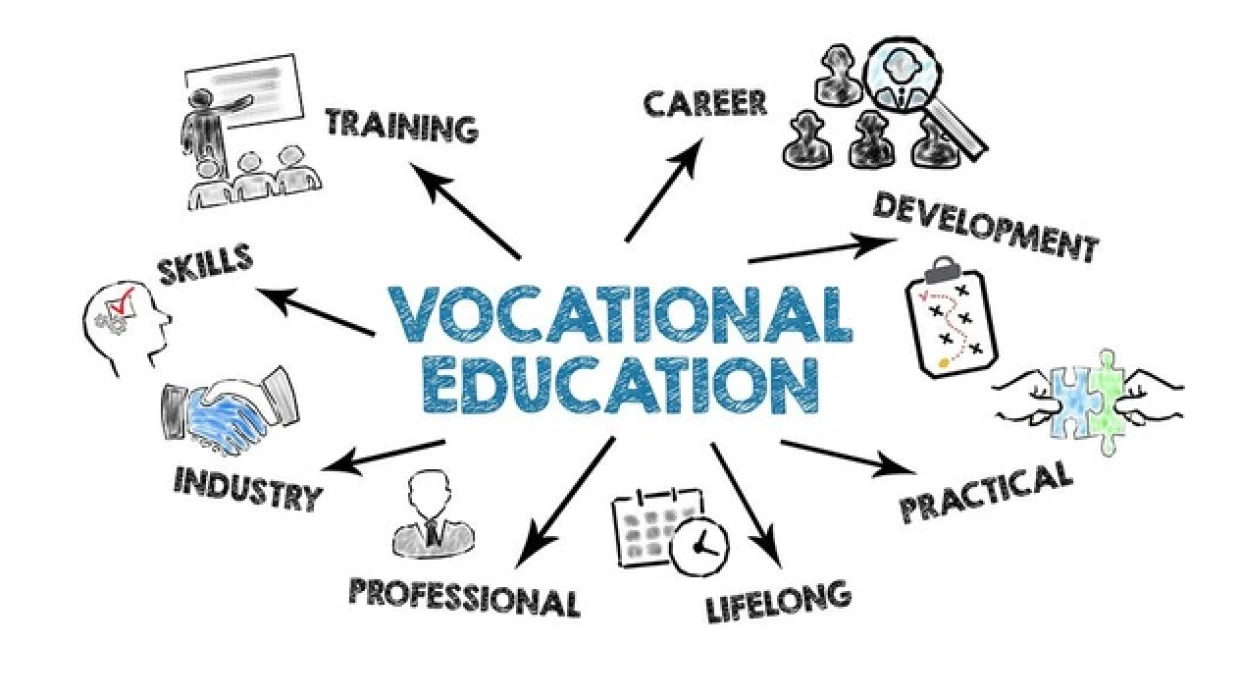




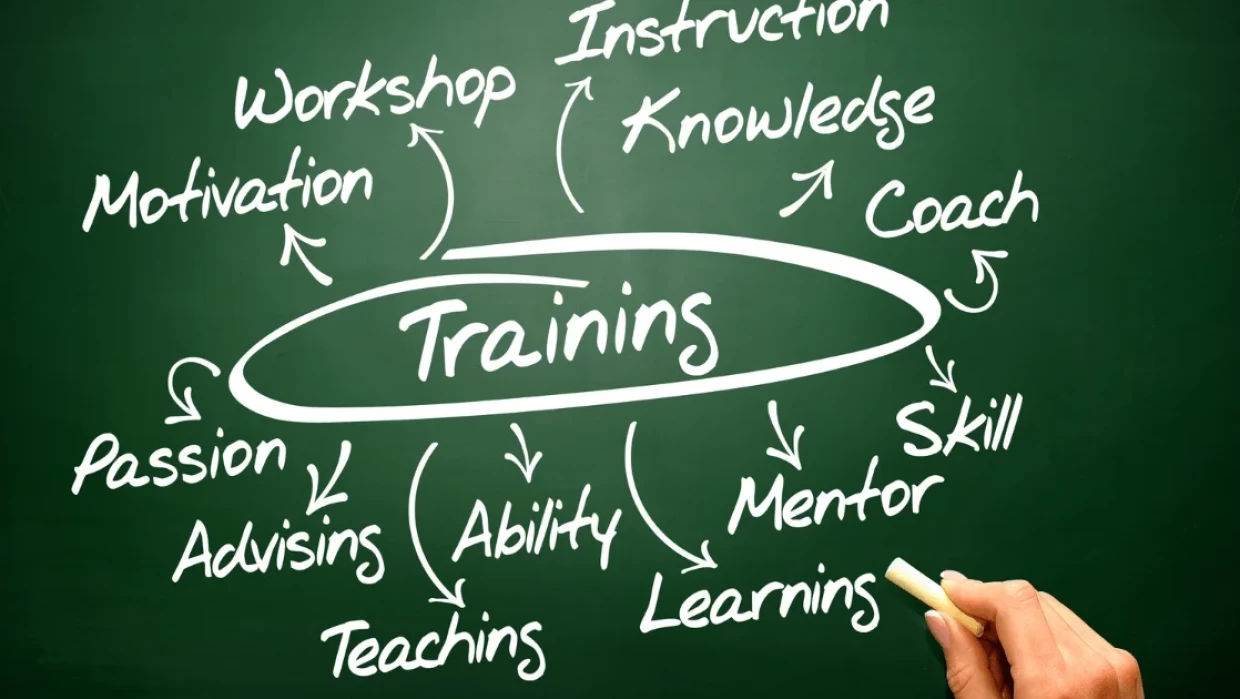


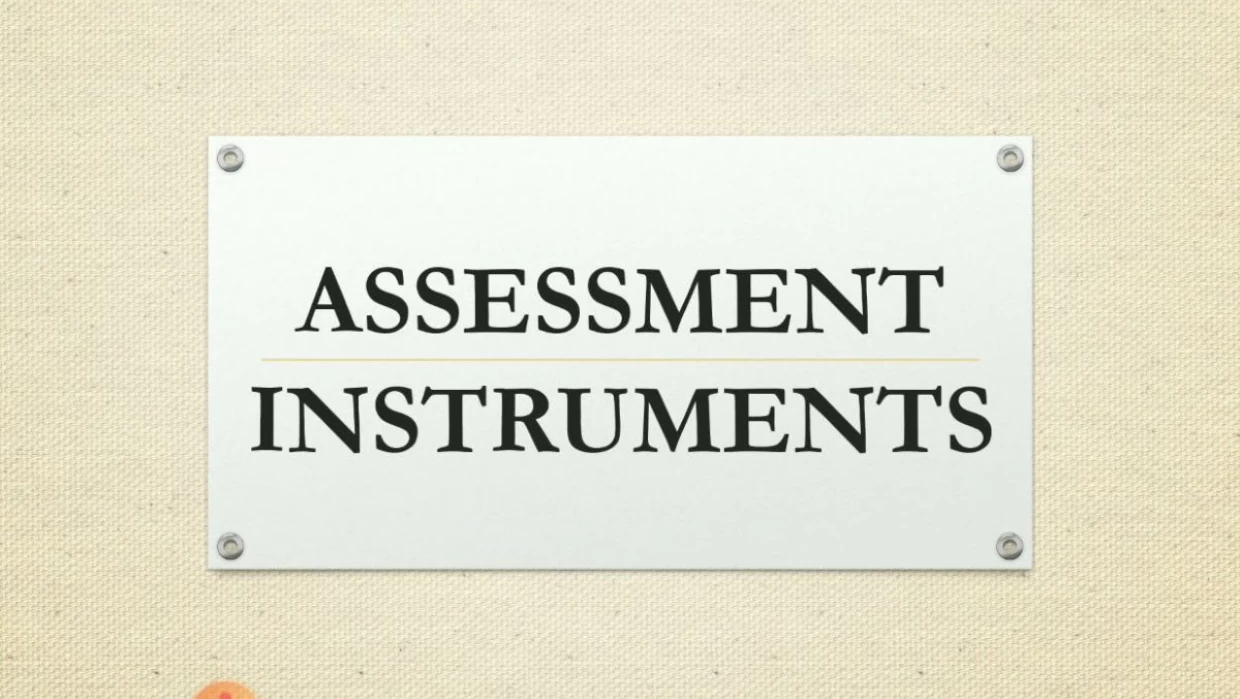





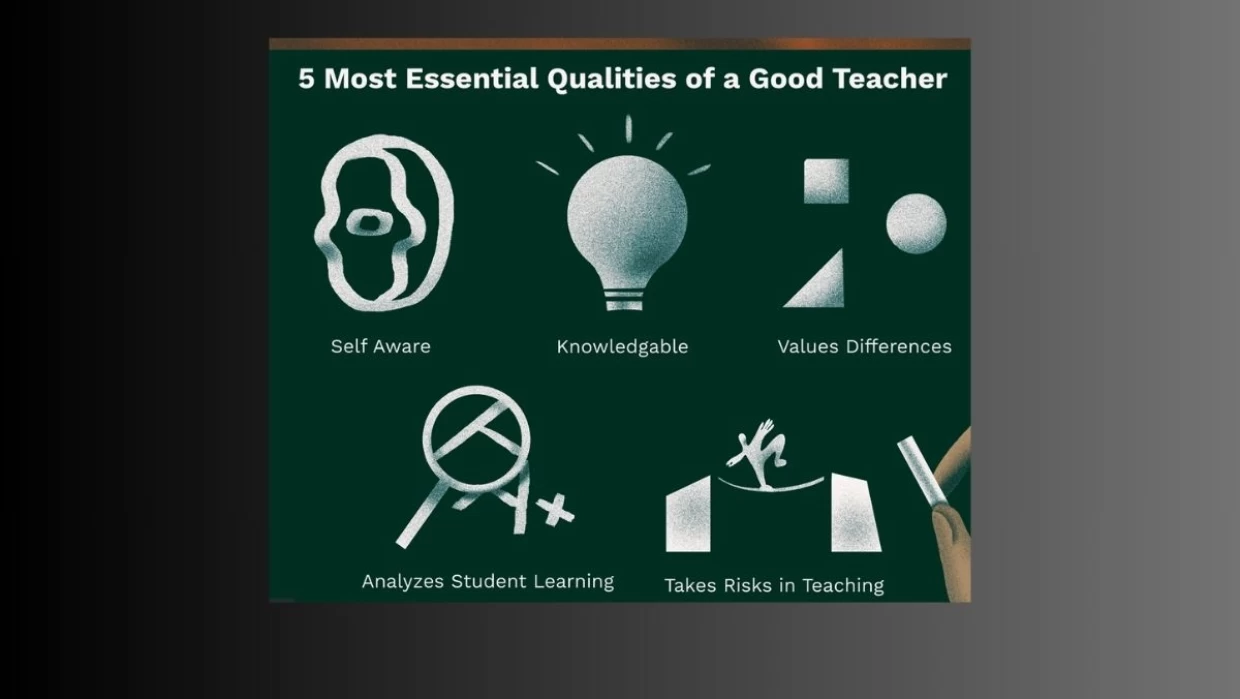
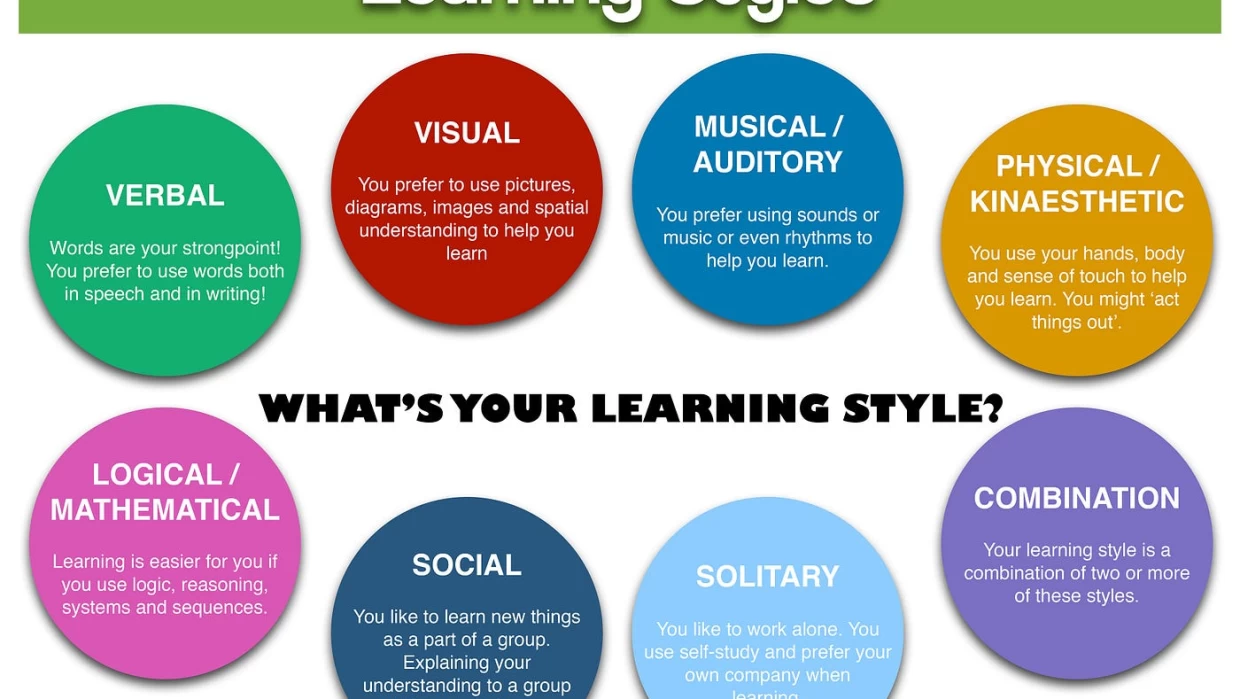
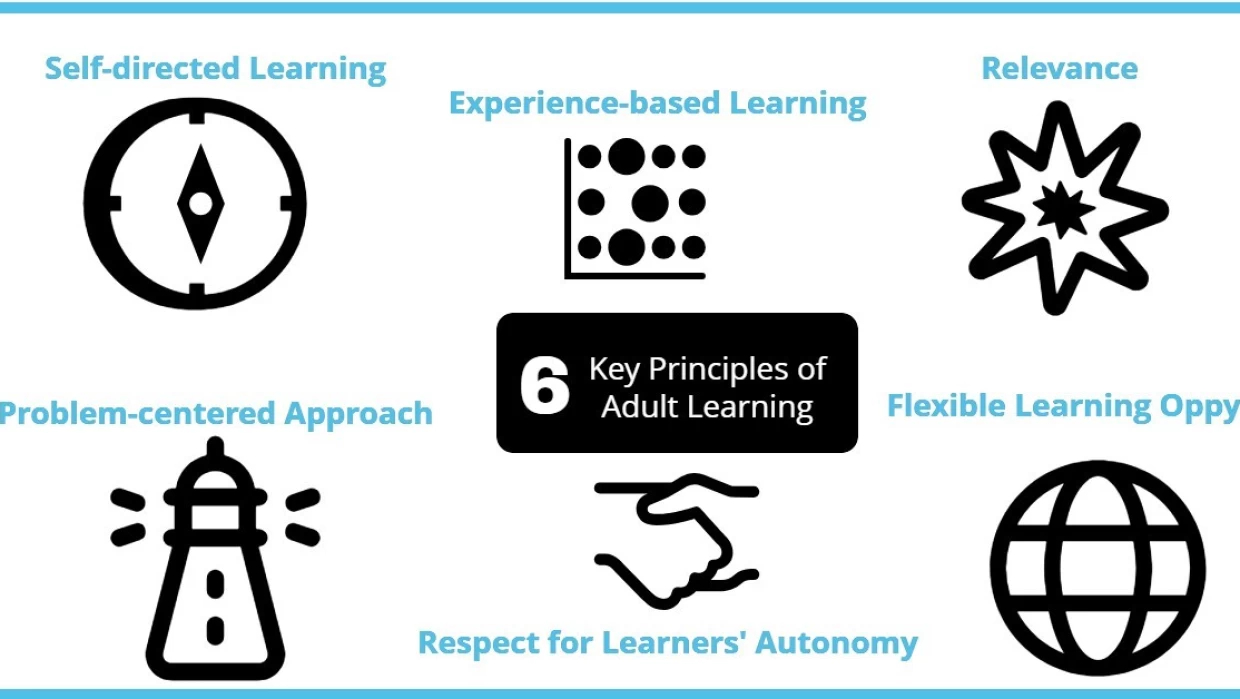














We would be delighted if you could get in touch with us.
Your email address will not be published. Required fields are marked